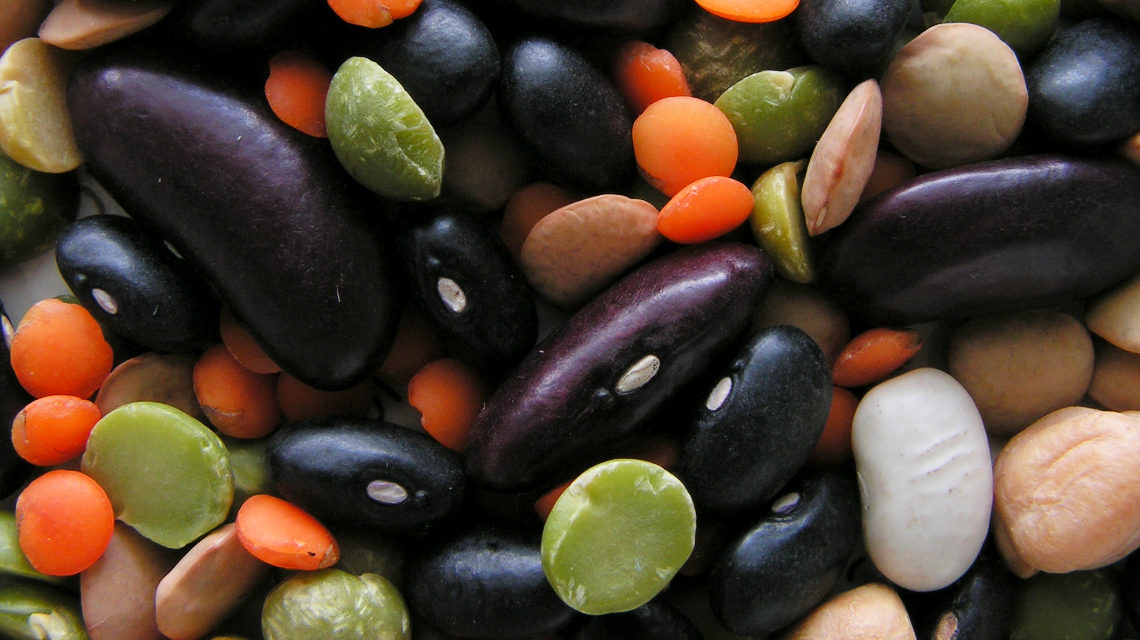More legumes in Europe's fields
As part of a newly launched EU project, researchers at the University of Hanover want to tap into the benefits of pulses in order to promote the acceptance and cultivation of beans, lentils and the like in European agriculture.

Legumes such as peas and soy are not only valuable sources of protein for the production of food and animal feed. They are also important helpers in making agriculture more sustainable. Their ability to bind nitrogen from the air via the roots with the help of bacteria makes legumes a natural soil conditioner. However, the cultivation of such protein crops is still a niche in Germany and the EU. This is set to change.
Tapping into the benefits of legumes
Under the motto " Identifying - valorizing - disseminating the ecosystem services of legumes", a consortium of 15 partners from eleven countries will develop the benefits of legumes for agriculture, climate and the environment as part of the recently launched EU project VALERECO and thus give these natural soil improvers a stronger presence. Specifically, the ecological and economic value of the ecosystem services of twelve different legumes is to be quantified and improved in order to promote the diversity of agricultural practices and make agriculture more sustainable. The four-year project, in which researchers from the Institute of Environmental Planning at Leibniz University Hanover are involved, is being funded with 4.8 million euros as part of the Horizon Europe program.
Promoting understanding and acceptance
Many farmers underestimate or are unaware of the benefits associated with the cultivation of legumes, the researchers write. As part of the project, solutions are being developed that will lead to a better understanding and greater acceptance of legumes in agriculture.
Establishment of living laboratories
With regard to the "identification" of legumes, existing ecosystem services are analyzed and possibilities for integration into the new Common European Agricultural Policy are identified. In terms of "valorization", the establishment of a total of nine living laboratories in six European countries is planned. Strategies for shaping behavior, participatory trials and the demonstration of technical and economic solutions are intended to improve the acceptance of legumes.
The team in Hanover led by Ann-Kathrin Koessler and Christina von Haaren will develop strategies for shaping behavior. In addition, the Leibniz researchers will also develop a decision support system with regard to the "dissemination" of knowledge, which will provide farmers and consumers with targeted information about legumes. To further improve knowledge transfer and support decision-making, the project will also create a digital legume information center and an e-learning platform.
bb


